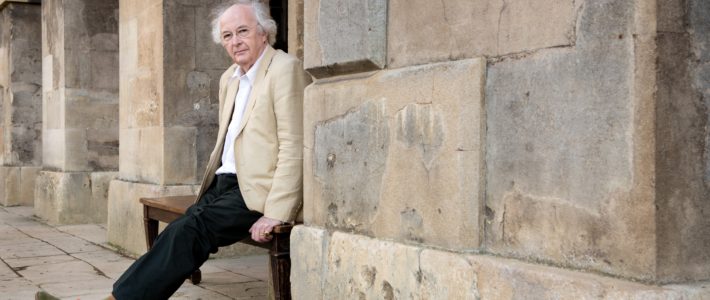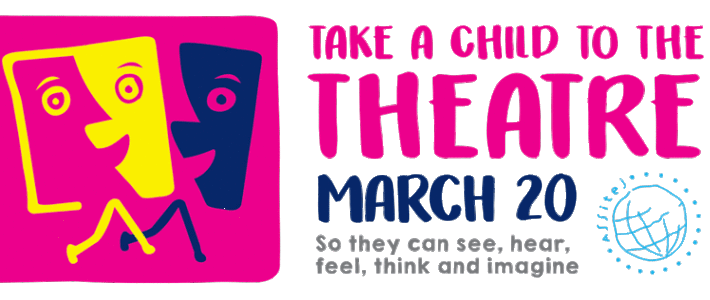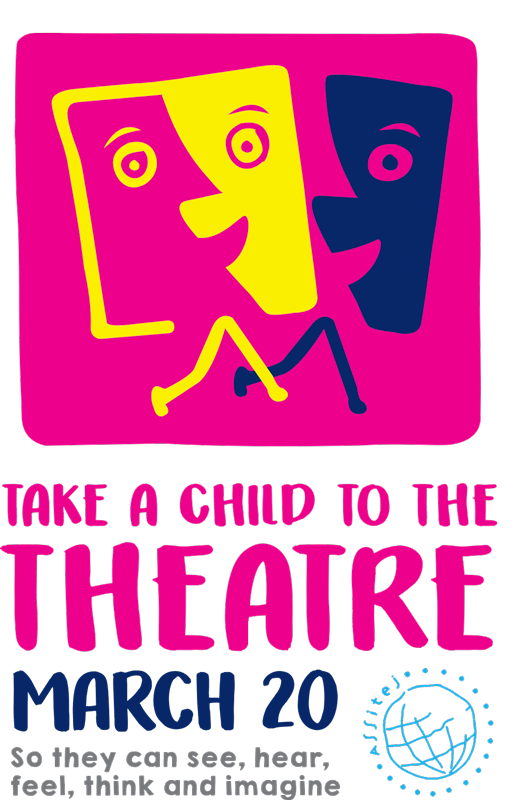An Unequal Playing Field – ACA welcomes report commissioned by UK government

An Unequal Playing Field – ACA welcomes report commissioned by UK government
ACA notes that the Government’s own Social Mobility Commission has joined the chorus of voices raising concerns about children’s access to the arts – in this case especially outside school. The report (www.gov.uk/government/news/extra-curricular-activities-soft-skills-and-social-mobility) notes the huge disparities in children’s participation rates in many different areas.
ACA is particularly concerned by the findings of this government report that involvement in the arts, music and dance varies greatly depending upon where children live and their social background, with wealthier families much more likely to be involved in these activities. Most worryingly of all, children from the poorest families are 3 times less likely to be involved in extra-curricular arts activities, found the report’s authors, who were researchers from the University of Bath.
ACA supports the report’s recommendations to the government which include a bursary scheme for disadvantaged families, funding for voluntary sector initiatives, increasing the extra-curricular capacity of schools and the need for further research in this important area. ACA is in a position to assist with the second of these recommendations, and to show the way forward for the involvement of the voluntary sector through the development of its Arts Backpack UK.
In ACA, we believe in each child as an holistic being, with emotional, physical, psychological, aesthetic and intellectual needs and dimensions.
We believe that education should facilitate the realisation of the full potential of each child.
It should not be decided by the financial circumstances of their carers.
Vicky Ireland MBE - Chair, Action for Children's Arts
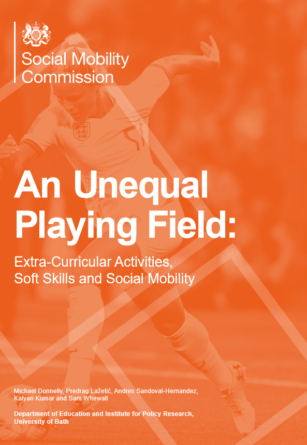
This report contains shocking data about the extent to which access to the arts is related to wealth in the UK. Wealthy children are 3 times as likely to have music lessons, with the difference being even more marked in the south-east of England compared to the north-east. The researchers found that proportionately more girls than boys were involved in music, art and dance – perhaps because of the gendered way in which these activities were offered. It is important to know more about these growing divides and the effect they are having, so we also support the recommendation that more research is needed, especially into ways of meeting this pressing need.

Dr Chris Abbott, FRSA
Reader Emeritus in Assistive Technologies, King's College London
Critical Friend, ACA

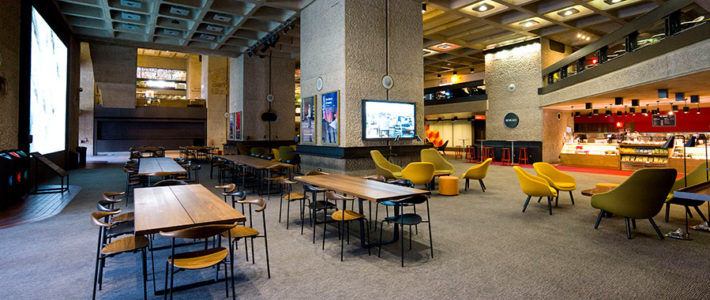



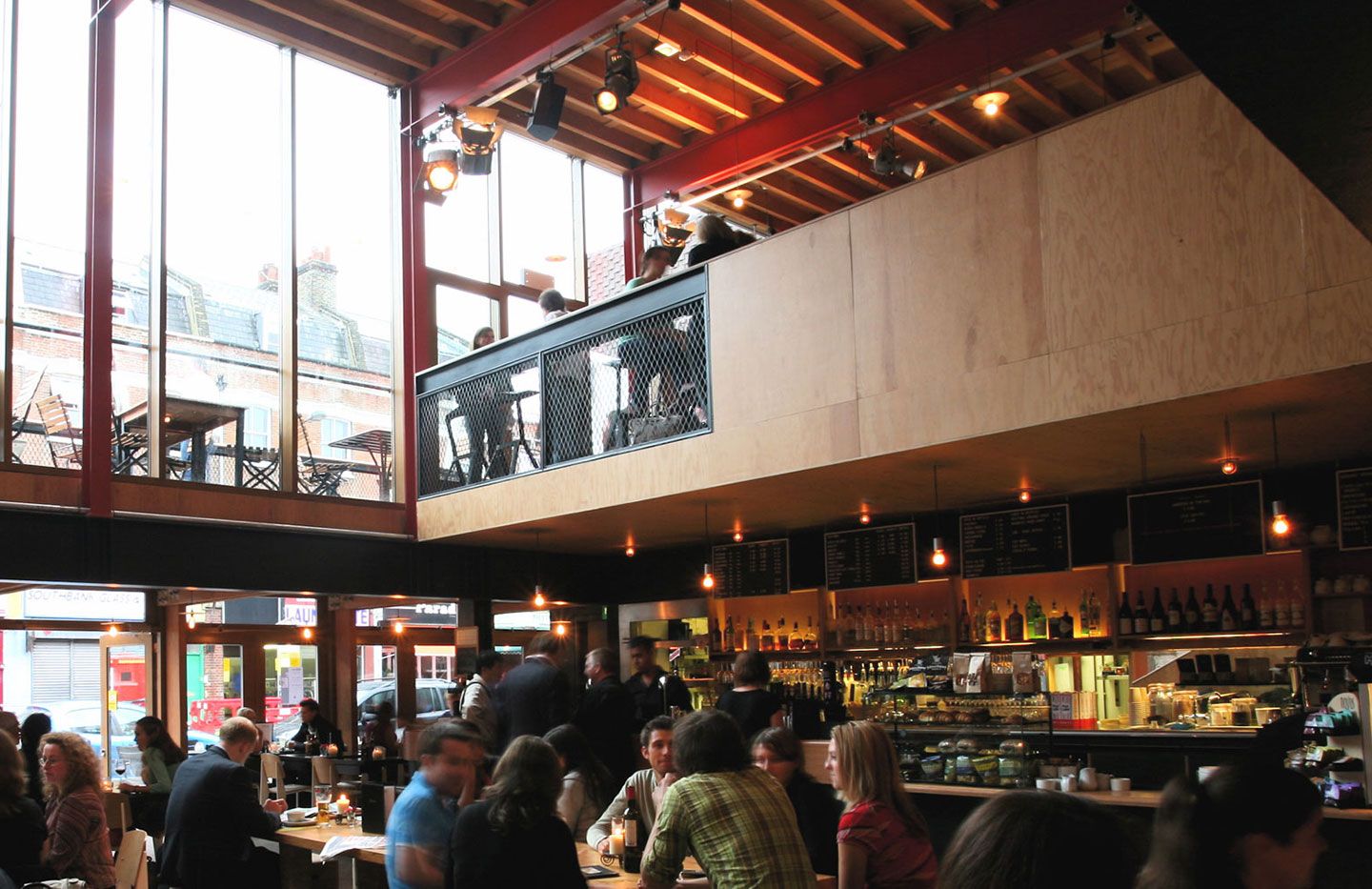

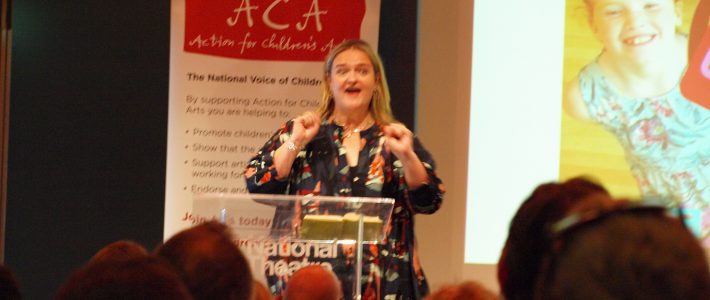

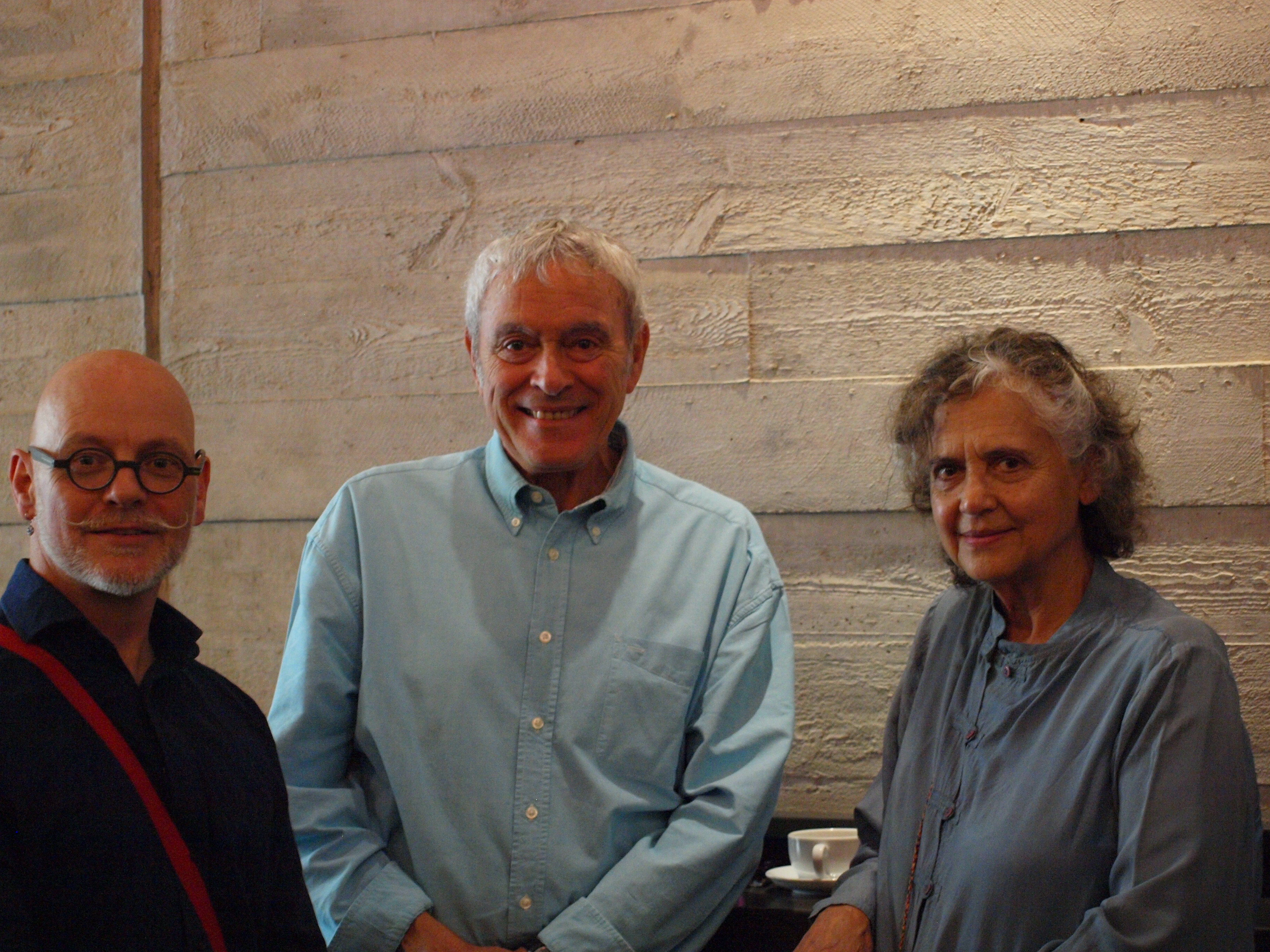


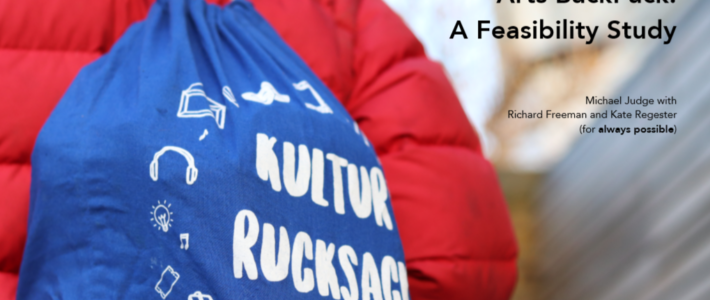
 I believe that the Arts Backpack idea could be the most significant notion and possibility to have surfaced in the twenty years or more since our charity began. The idea confirms ACA’s belief that all children are entitled to attend arts events and experiences. This belief is enshrined in Article 31 of the UN Convention of the Rights of the Child.
I believe that the Arts Backpack idea could be the most significant notion and possibility to have surfaced in the twenty years or more since our charity began. The idea confirms ACA’s belief that all children are entitled to attend arts events and experiences. This belief is enshrined in Article 31 of the UN Convention of the Rights of the Child.